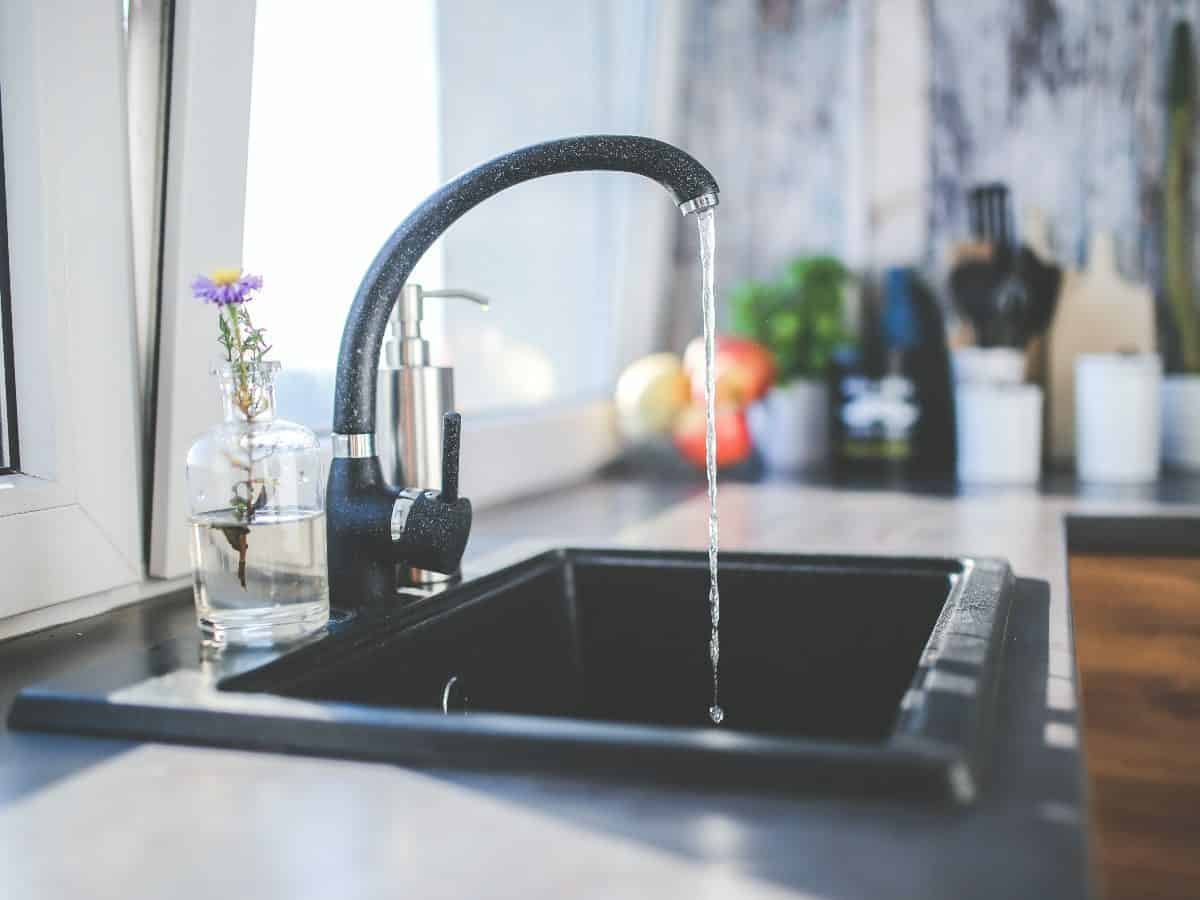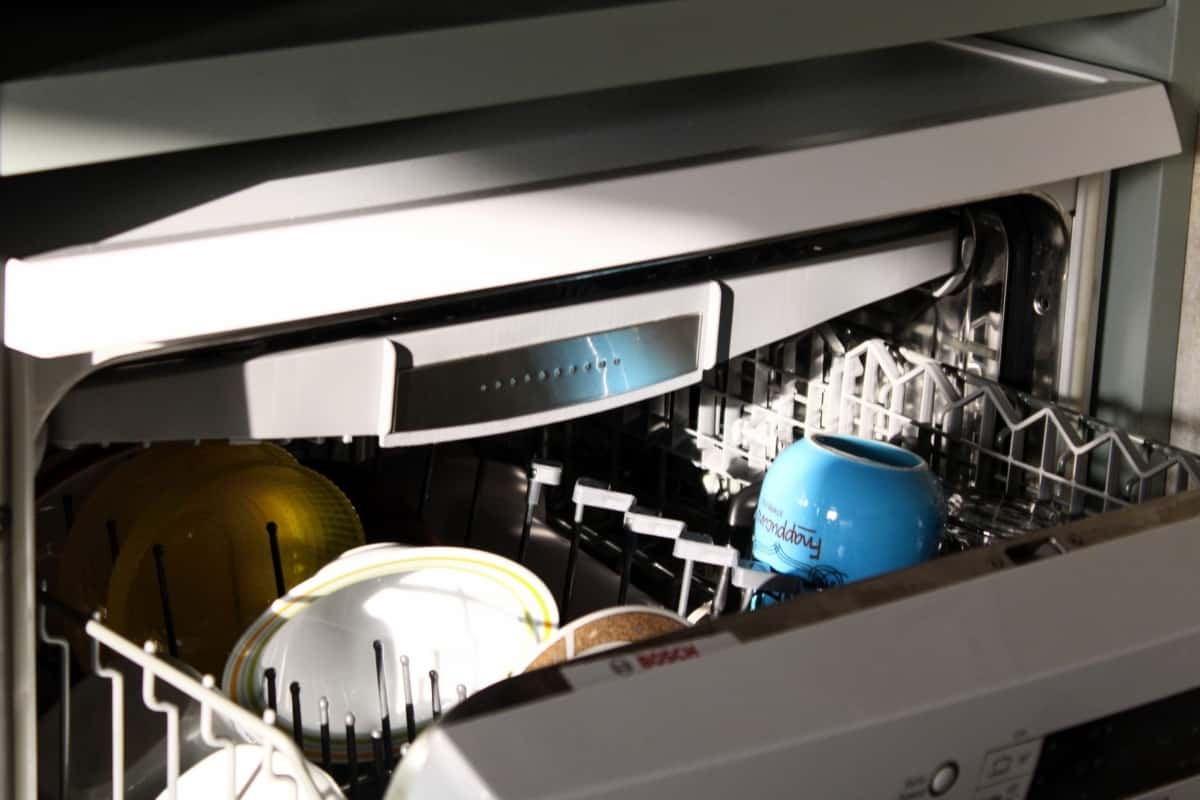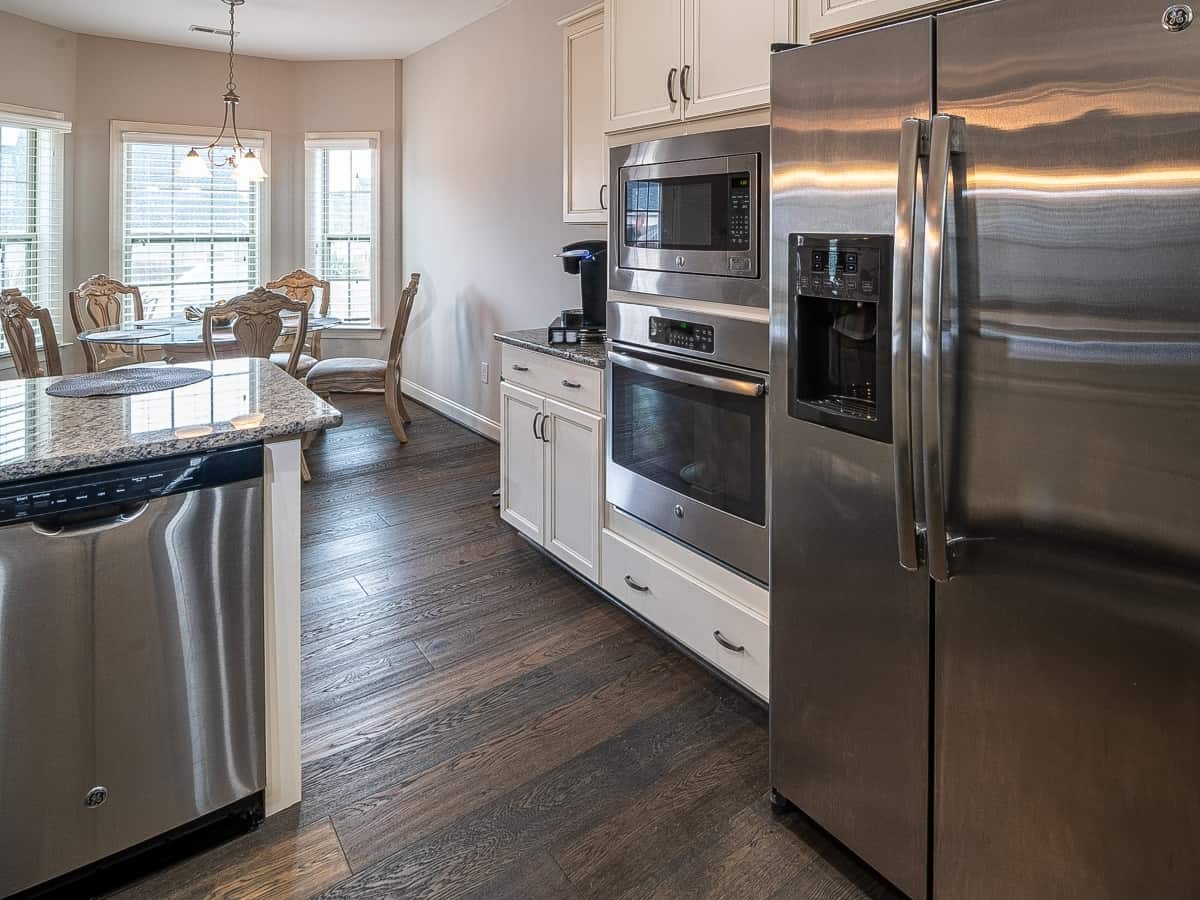Having filtered water is great for your health, but did you also know that filtered water is great for your home? Your home appliances reap the benefits of filtered water- but how? Learn more on what is filtered water doing to help extend the life of your appliances.
What is Filtered Water?
Filtered water is considered to be the safest form of drinking water. The American tap water system can be filled with different contaminants and toxins. Some of these contaminants include arsenic, lead, copper and nitrate. The side effects from drinking unfiltered, contaminated water includes cancer, reproductive issues, future health complications for children, and nervous system damage.
How Does Unfiltered Water Affect My Appliances?
Filtered water is a great way to extend the life expectancy of your at-home appliances. Shortened life expectancy of appliances can be due to hard water. Hard water is when there is an excess amount of magnesium and calcium that is present in the water, which leads to buildup and limescale in your pipes and on your appliances.
Hard water can affect the washing machine and dishwasher because it leaves the mineral residue through your machine and on your clothing and dishes. Adding a water filtration system, namely a water softener, will extend this appliance’s life. Your washing machine will no longer have a buildup of materials, so the system can operate correctly. Hard water forces your machines and appliances to work harder, so adding a filtration system can extend the life span.
Hard water also affects your home’s water heater. The water heater has to work harder than it should, decreasing the life expectancy of the appliance. The buildup of minerals from the water can also decrease the efficiency.
What is Filtered Water Doing For My Appliances?
Filtered water is helping your appliances work longer and operate more efficiently. When there is buildup due to unfiltered water, your appliances are working double time to get the desired result. Instead of using twice the amount of energy for one job, having an at home water filtration system will help your appliances work like they’re new.
By keeping your appliances longer, you’ll save money by not having to replace your products more regularly. The average prices to replace these items are:
- Dishwasher: $400 to $700
- Washing Machine: $250 to $2,050
- Water Heater: $1,000 to $3,000

At-Home Tips To Spot Hard Water
While the best way to find out what is in your water is through a water test, there are some tell-tale signs that your home has hard water. These signs also indicate that the hard water is affecting your appliances.
- Your clean dishes have cloudy spots on them.
- The color on your clothes looks dull.
- There is a mineral build-up on the faucets of your sink and showers.
- You get red, itchy splotches on your skin after taking a shower.
- Your skin is dry.
- Soap does not lather as well on your dishes or while washing your hands.
- Frequent and thick soap residue in your shower.
- Decreased water pressure caused by a build-up in your pipes.
- Residue left on skin and hair after showering.
- Decreased function on appliances.
What Kind of Filtration Systems Are There?
For hard water, you should look to get an ion exchange system. An ion exchange system works to remove any hard water. This happens through a reversible chemical reaction when dissolved ions are removed from the water and replaced with an ion of the same or similar charge. To achieve this, concentrated salt is added to a water softener. The salt helps dissolve those hard minerals (calcium and magnesium) from your water. This makes the water “soft” rather than hard, and reduces buildup. The end result from an ion exchange water softener is softer hair and skin, spotless dishes, cleaner laundry and more of a soap lather on your skin and dishes.

Benefits of Filtered Water
Other than your appliances working more efficiently, there are some health benefits to drinking filtered water. Filtered water can raise your metabolism, make your hair and skin softer, and give you more energy. The contaminants present in unfiltered water can lead to future health issues, such as cancer. The threat of carcinogens lurking in your water can easily be solved with filtered water.
Having filtered water shouldn’t just stop at home. Owning and using a filtered water can benefit the environment by reducing your carbon footprint. Purchasing a refillable bottle eliminates the amount of plastic that is sitting in landfills and our oceans. With a worldwide eight to 14 tons of plastic entering our oceans every year, the benefits to filtered water bottles extends further than just your health.
So, What’s On Tap in Your Home?
Unfortunately, most homeowners don’t realize that their water is affecting their appliances until it’s too late. To see what is in your water, you need to get a water test done. ONIT offers free water testing, with results before your appointment is over. We care about what is in your water for the safety of your family, and for your appliances.
To learn more about our free water testing, visit us online or give us a call today at 1-833-433-0331.



